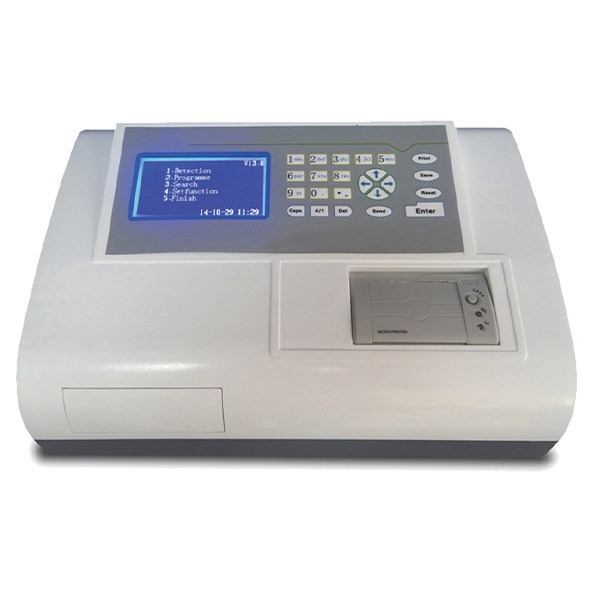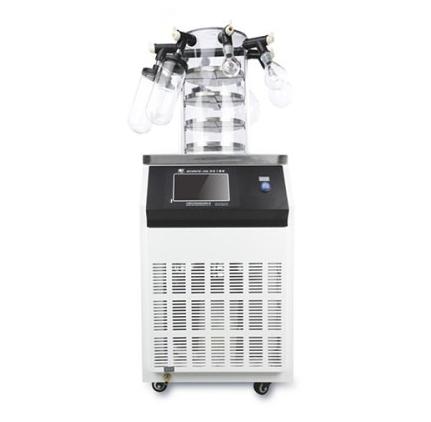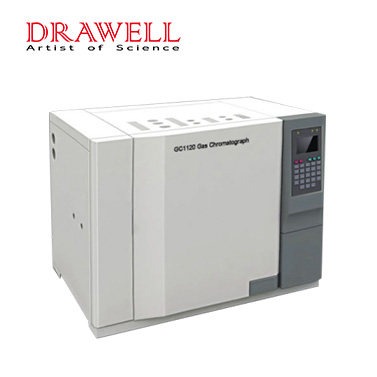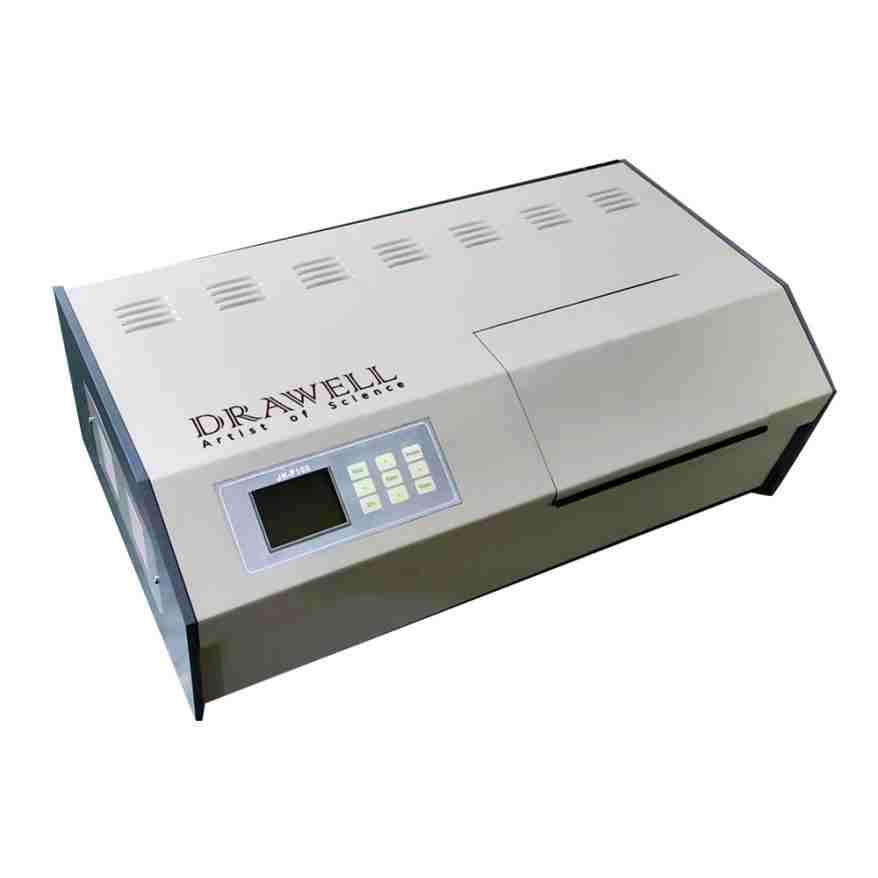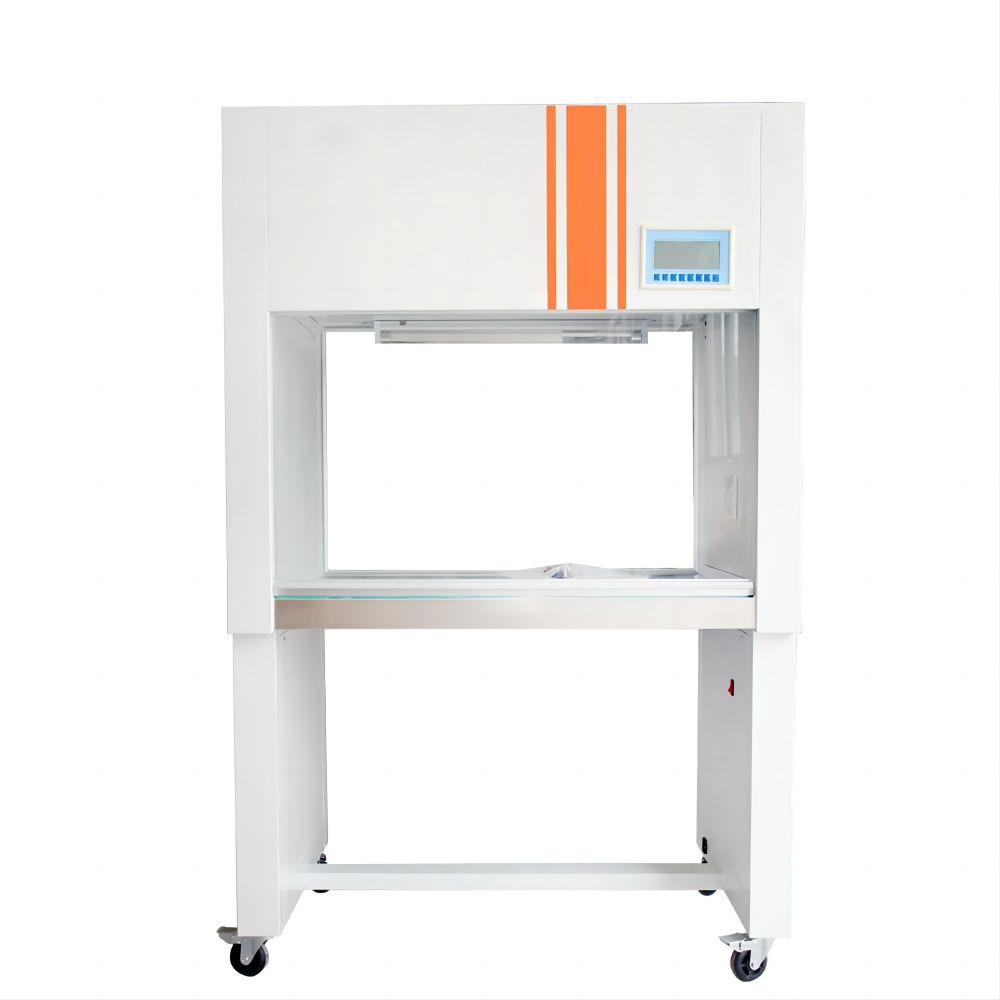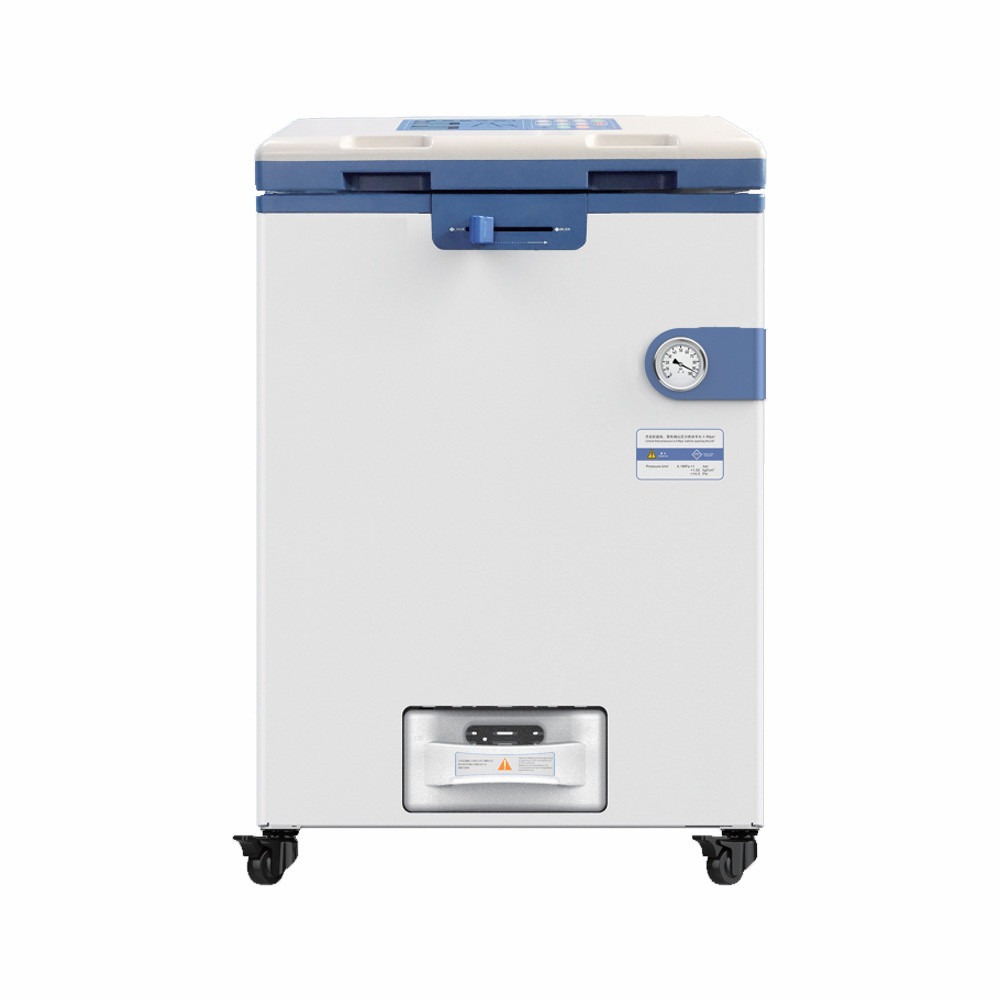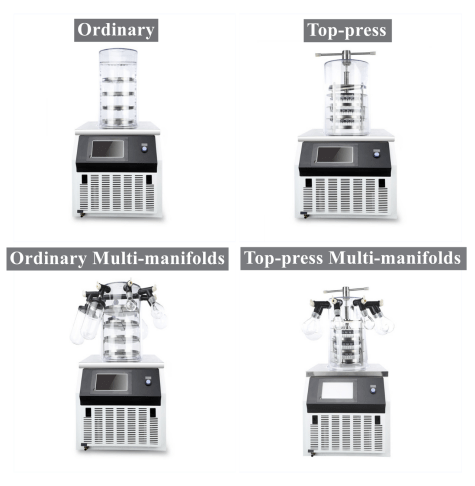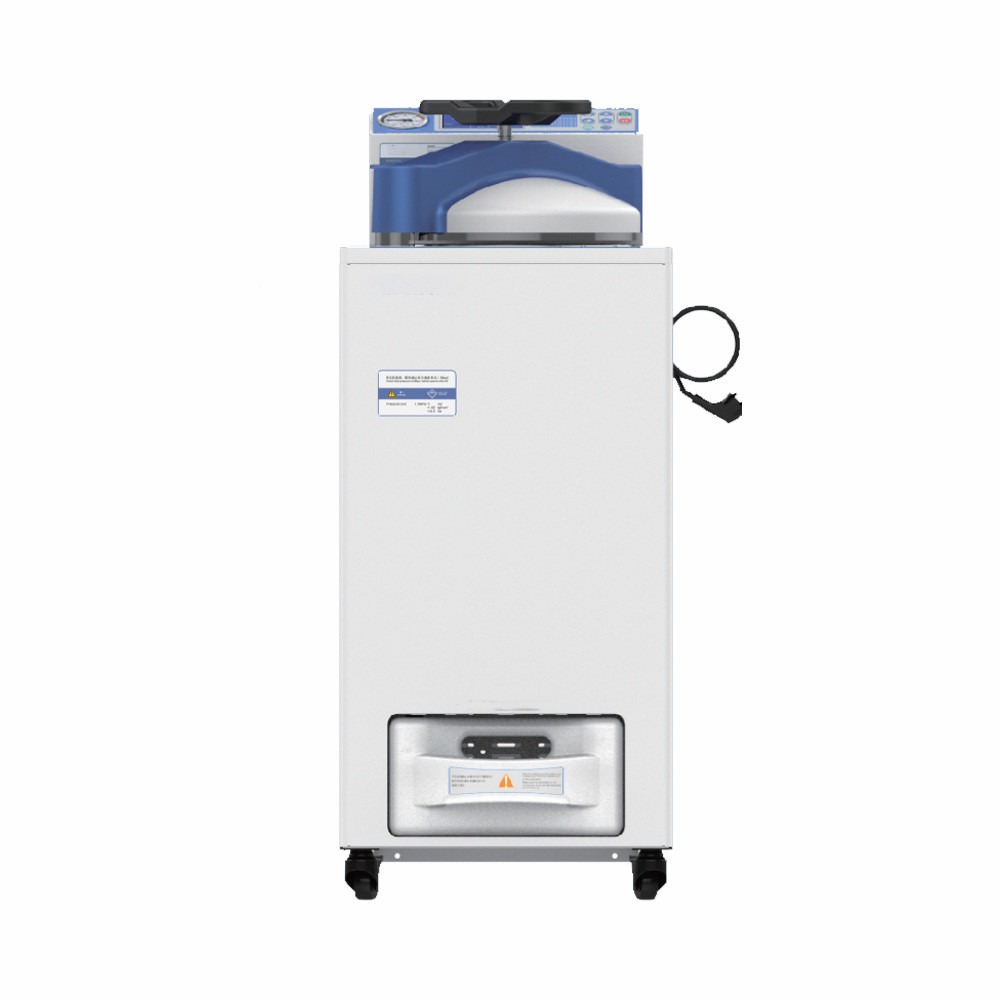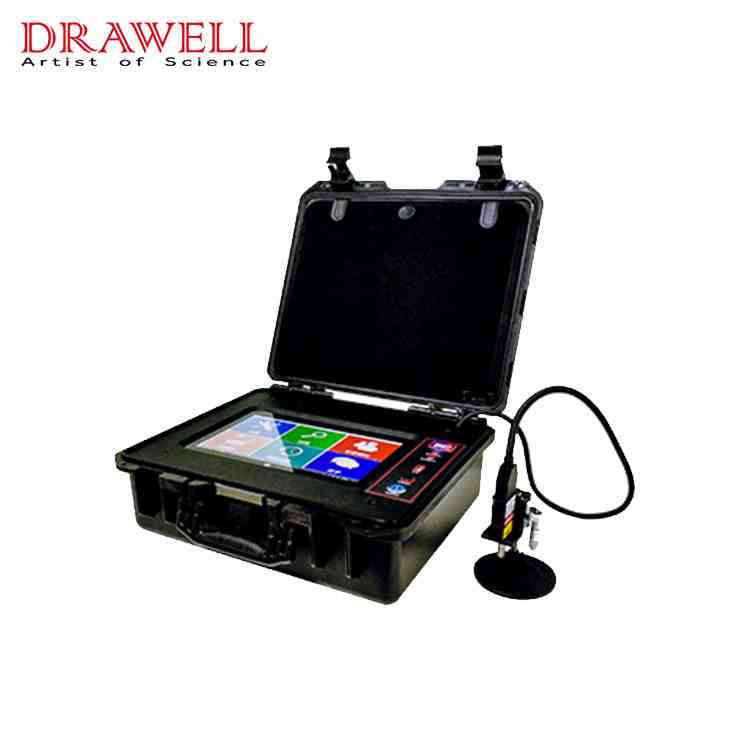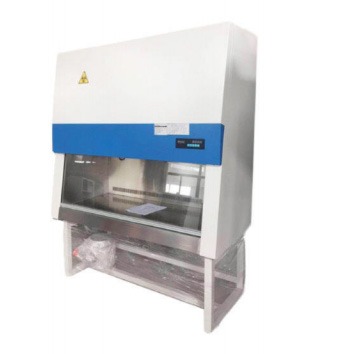News
How to Use an Elisa Reader for Accurate and Efficient Results
Enzyme-Linked Immunosorbent Assay (ELISA) is a powerful tool in the realm of life sciences, enabling researchers to detect and quantify various substances, such as proteins, antibodies, and hormones. To extract the full potential of this technique, incorporating an ELISA reader into your workflow is crucial. In this guide, we will delve into the intricacies of utilizing…
Cool Tech, Hot Results: Lyophilizers Transforming Pharma Manufacturing
In the dynamic landscape of pharmaceutical manufacturing, innovation is not merely a buzzword; it’s a lifeline. As the industry strives to meet the increasing demands for stability, efficiency, and quality in drug production, one technology has emerged as a game-changer: lyophilizers. These sophisticated freeze-drying machines are revolutionizing the way pharmaceuticals are manufactured, offering a unique…
The Pivotal Role of Gas Chromatography in Forensic Science: Investigation and Resolution of Criminal Cases
To analyze evidence, forensic science employs a wide range of analytical techniques. Gas chromatography (GC) is a powerful tool in the arsenal of forensic scientists, allowing for the separation and identification of complex mixtures found at crime scenes. In this article, we explore the applications and significance of gas chromatography in forensic science, delving into its…
Exploring the Wide Practical Uses of a Polarimeter: Ensuring Precision in a Variety of Industries
Polarimetry, a technique that analyzes the rotation of polarized light, is widely used in a variety of industries, including chemistry, pharmaceuticals, and food and beverage. Polarimeters are useful for determining optically active substance concentration, purity, and specific rotation. In this article, we discuss the topic of polarimeter use, exploring the practical use of a polarimeter…
Exploring the Types of Laminar Flow Cabinets: What are Common Types and How to Choose the Right Type
Laminar flow cabinets are essential in laboratories and cleanrooms for maintaining a sterile and controlled environment. They are intended to provide a continuous flow of filtered air, reducing the risk of contamination during critical procedures. Pharmaceutical, biotechnology, electronics, and healthcare industries all use laminar flow cabinets. In this article, we discuss the topic of types of…
A Deep Dive into Fully Automatic Vertical Autoclaves: Innovative Sterilization Solutions
Sterilization is a critical aspect of various industries, from healthcare to research laboratories, necessitating advanced and efficient solutions. Among the cutting-edge technologies transforming sterilization processes, fully automatic vertical autoclaves have emerged as pioneers in ensuring not just effectiveness but also streamlined operation. This article delves into the innovative world of fully automatic vertical autoclaves, exploring their…
Navigating the World of Lab Freeze Dryers: A Comprehensive Guide to Pricing and Applications
In the realm of scientific research and industrial production, lab freeze dryers have emerged as indispensable tools for preserving and processing a wide range of materials. These versatile instruments utilize a unique technique known as freeze-drying, or lyophilization, to gently remove water or other solvents from substances, transforming them into lightweight, stable solids. This process not…
The Pivotal Role of Vertical Pressure Steam Sterilizer in Maintaining a Sterile Environment
Maintaining a sterile environment is critical in many industries to ensure the safety of products, processes, and people. The vertical pressure steam sterilizer is an essential tool that plays an important role in achieving this goal. This article delves into the vertical pressure steam sterilizer, its functionality, applications, and the significance of sterilization standards. Understanding the…
Portable Raman Spectrometers: A Game-Changer in Field Research and Analysis
In the dynamic realm of scientific research and analysis, the evolution of technology continually reshapes the landscape, pushing the boundaries of what is possible. One such groundbreaking advancement that has taken center stage in recent years is the emergence of portable Raman spectrometers. These handheld devices are proving to be true game-changers, offering researchers and…
Understanding Key Points of Biosafety Cabinet Use: A Comprehensive Guide
Biosafety cabinets (BSCs) are the first line of defense in laboratories and healthcare facilities against the potential hazards of working with biological materials. These specialized containment devices are intended to provide a safe and sterile environment for researchers, laboratory personnel, and the surrounding environment. In this article, we focus on the topic of biosafety cabinet use,…


